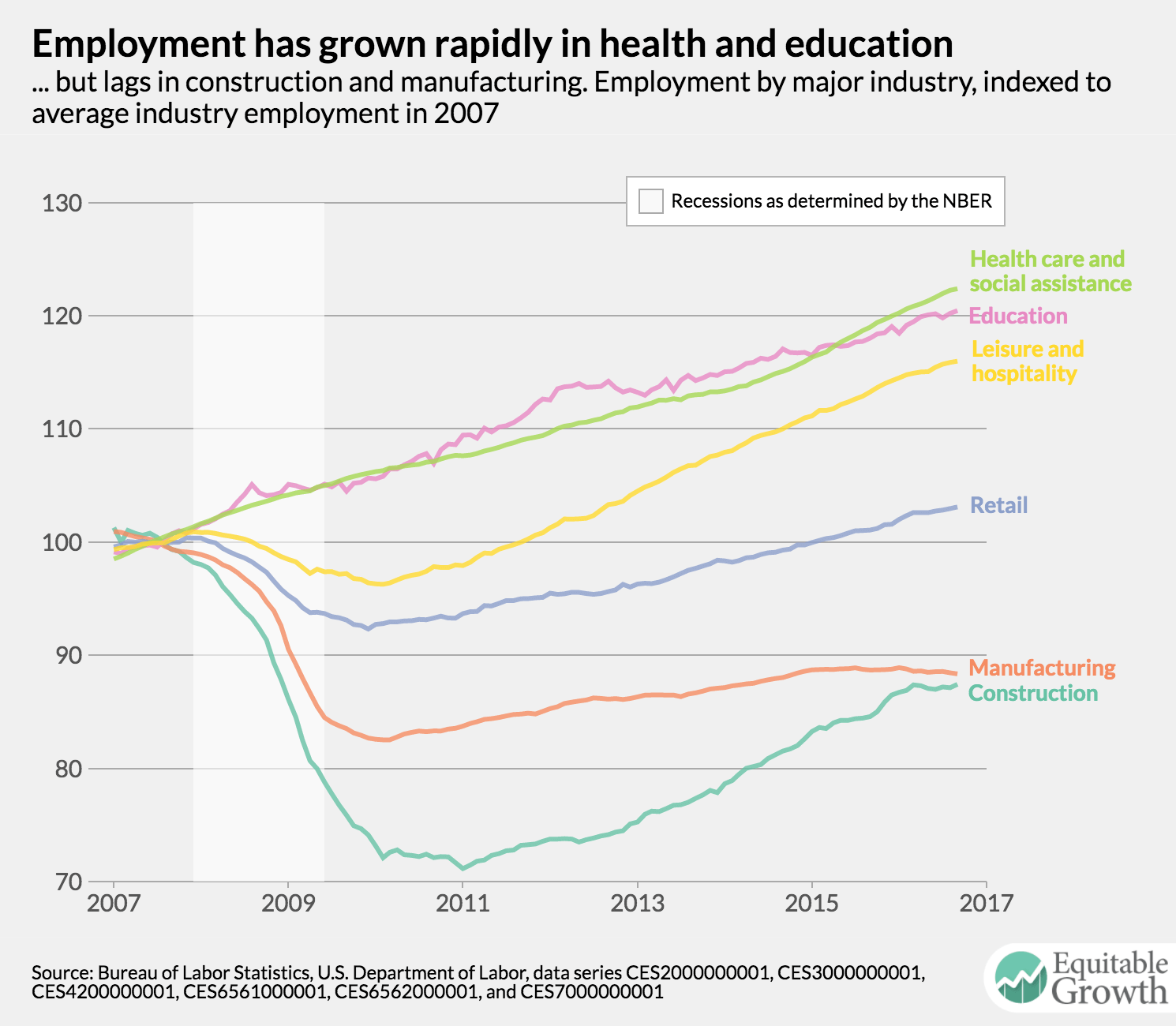Must-Read: John Hempton: Twitter Buyout Rumours: “Twitter is [a] wildly addictive… chaotic world full of trolls, useless information, porn-spam and videos of kittens… [that] is… for sale…
…Revenue has gone up very nicely–from $664 million to $2.2 billion and is still increasing. And costs have gone up… by $1.5 billion…. But… it is almost impossible to find out what they spend that $1.5 billion extra per annum on…. This is just a website…. It does roughly what it did in 2012…. But spends well over a billion dollars more to do the same thing….
Almost all of the strategic buyers (other big tech companies) have pulled out…. Somewhere near half a billion dollars of costs need to be taken out almost immediately. And that involves firing people and being a general tough-bastard…. A Salesforce.com or similar company… will… [find it] hard to take costs out in a disciplined fashion without upsetting the culture of the home company…. The best bastards are from Wall Street. And this needs a Wall Street bastard….
That said–there are [some substantive] things that need to be done…. Troll detection has to be done much better. Their degree of incompetence in troll-hunting beggars belief…. Somehow Twitter has not managed to stop filling my time-line with porn spam. Blocking this is the sort of pattern recognition that computers should do…. Also there is a lot of semi-commercial (even scam) spam…. If I worked at Twitter I would be preparing my resume and providing a list of really quick things that can be done to improve the user experience–with the code all mapped out… getting rid of spam bots and the like. But unless it radically improves the user experience or monetisation and you can convince the new owners you can implement then you are out…





